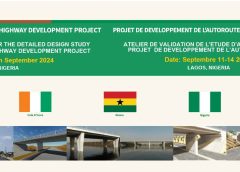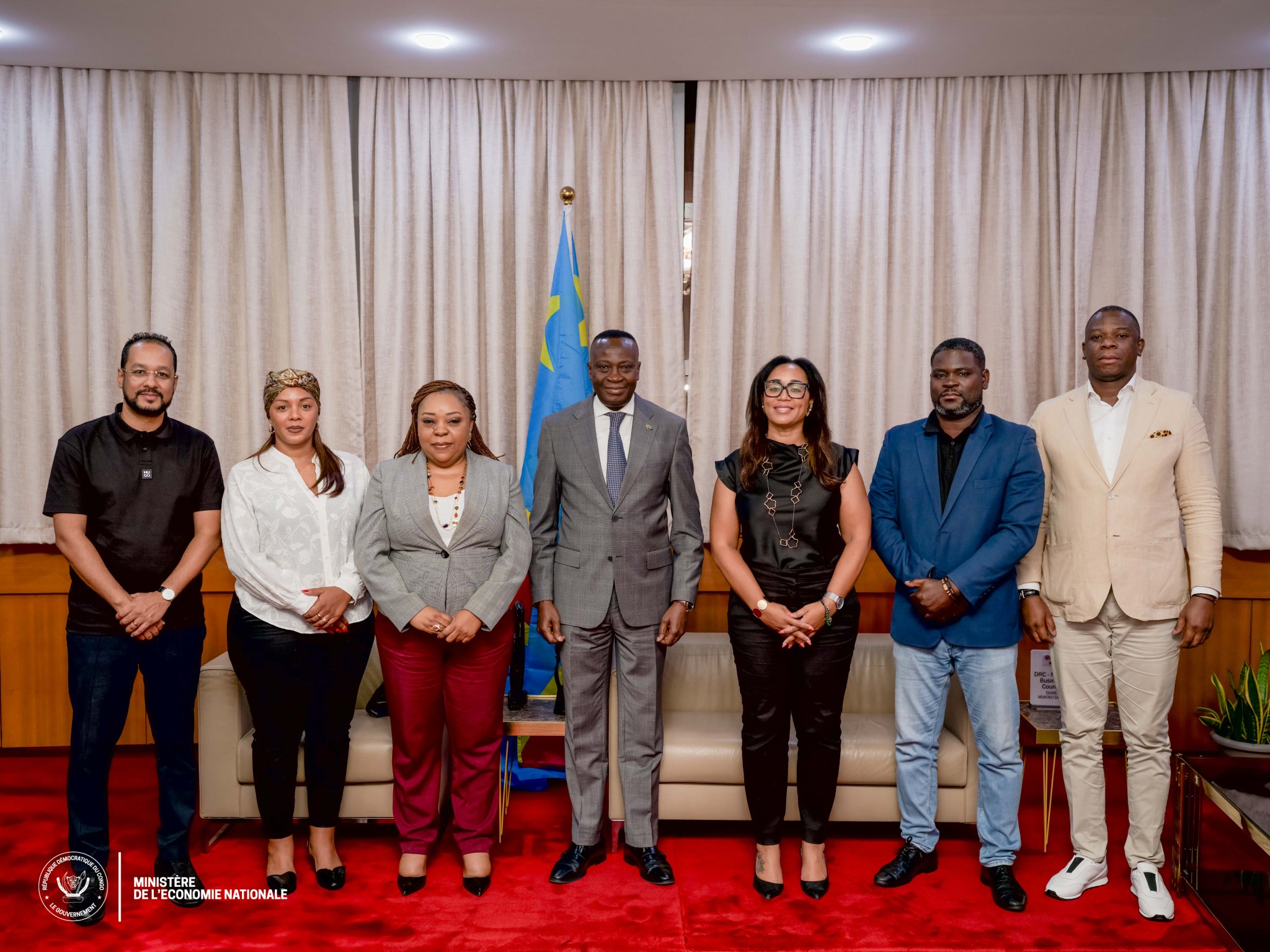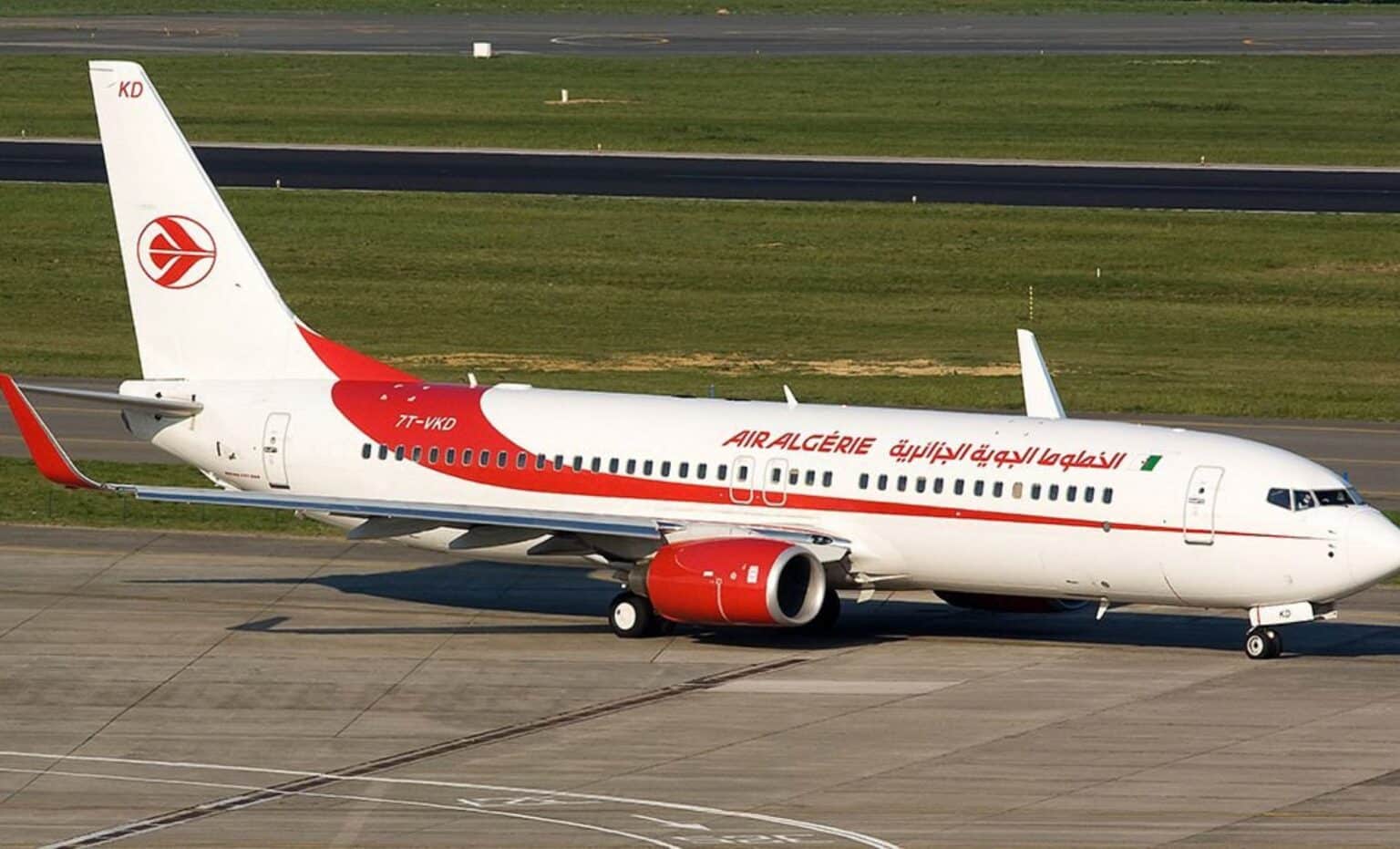The project remains a key catalyst to deepening regional integration, stimulating economic growth and supporting poverty eradication efforts in the region
The Abidjan-Lagos corridor highway, an ambitious priority project of ECOWAS, will take an important step towards completion of the technical studies with the final technical validation of the revised draft final design reports by the project directors and engineers of the five (5) Member Countries of the corridor at a 4-day workshop which began on Wednesday, 11 September 2024 in Lagos, Nigeria.
This workshop is organized under the auspices of the ECOWAS Commission, the Implementing Agency that is coordinating the design, procurement, construction and operation of the six-lane supranational highway that will connect Abidjan (Côte d’Ivoire) and Lagos (Nigeria) through Ghana, Togo and Benin. The Highway will be under a single management on behalf of the by the soon to be operational Abidjan-Lagos Corridor Management Authority.
At the opening of the workshop, Mr. Chris APPIAH, Acting Director of Transport for the ECOWAS Commission, said the project remains a key catalyst to deepening regional integration, stimulating economic growth and supporting poverty eradication efforts in the region.
He stressed that the corridor is not just a 2×3 lane highway but an economic development tool to be used to unearth dormant economic activities and boost key economic sectors such as tourism, industrialization and manufacturing, education, health and others. He noted that these enhanced economic activities will draw their dynamism from, the considerable increase in road capacity and reduced travel time with the removal of impediments and non-tariff barriers slowing the flow of people and goods, (ii) interconnecting other corridors linking landlocked countries such as Burkina Faso, Mali and Niger, and the major ports of the five countries in the corridor, which handle 85% of Europe’s maritime freight. The Corridor Highway also has the potential of the creating a large agglomeration of capital cities interconnected to form a megalopolis to support the West African Economy.
He ended by highlighting the inclusion of a Climate adaptation and resilience study to scope the potential hazard elements that the Highway design and operation ought to consider. The study also seeks to support access to green finance grants and investment funds which could be leveraged to augment the construction financing for the highway.
It is note-worthy to recall that the development of this corridor is in line with ECOWAS’ 2050 Vision and the respective strategies of the five Member States concerned with the aim of to promoting an efficient, safe and competitive infrastructure for trade and sustainable development.
This technical validation workshop brought together engineers and other related technical experts from the Road Infrastructure Ministries of the Corridor Countries of the Abidjan-Lagos Corridor Road, the Directorates of Transport and the Environment of the ECOWAS Commission, the ECOWAS Project Preparation and Development Unit (PPDU), with the support of the Project Implementation Unit, development partners and other stakeholders, including the African Development Bank and the European Union.






